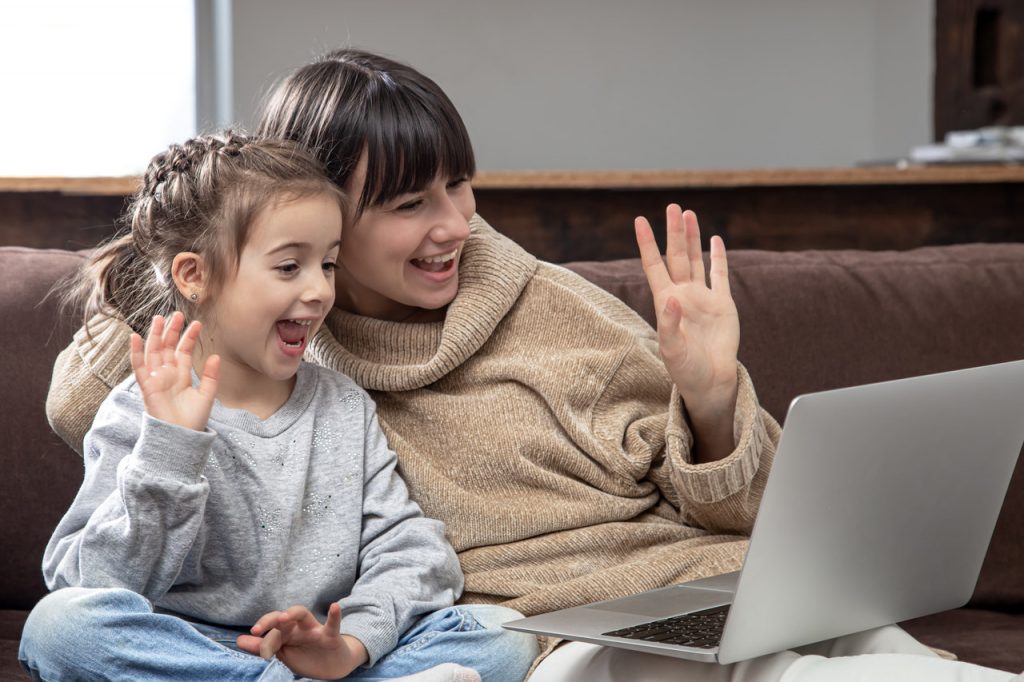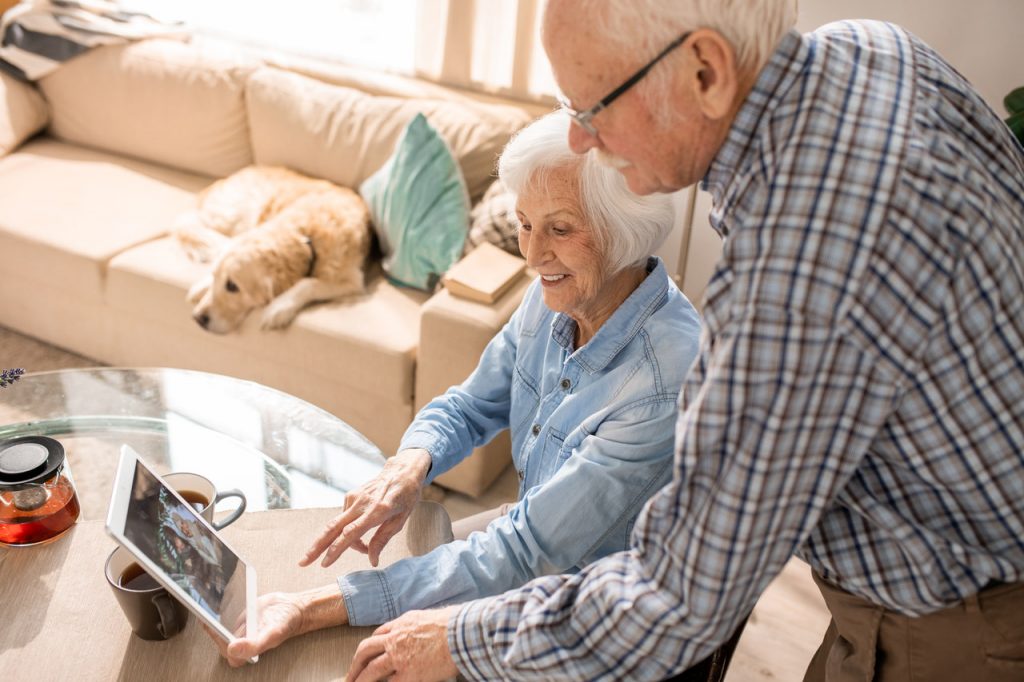The isolation caused by coronavirus has negatively affected many relationships and friendships. How do we care for relationships with loved ones during the difficult time of a pandemic? What can we do to strengthen the bonds with those important to us?
As we all know, man is a “herd animal”, the need for face-to-face contact with our neighbors has a biological basis – its limitation or complete lack has a negative impact on our psyche, causing an increase in cortisol levels in the body (stress hormone) and not only. Long-term isolation creates a sense of emptiness, helplessness, sadness and anxiety
The pandemic has drastically reduced our physical contact with family and friends. For the most part, we work remotely from home – we don’t meet office colleagues, visit our parents or friends. How to find ourselves in this situation and, despite the obstacles, take care of emotional relations with people close to our hearts. What to do when there is no chance for direct physical contact? Here are our tips.

Calling family and friends on a regular basis or using the communication benefits of video calls can keep you up to date on what’s going on in the lives of your loved ones. Even if we don’t like talking via webcam, it is worth to break through, especially if we haven’t met our relatives for a long time (seeing the interlocutor makes it easier to build a climate of trust). In order to integrate with a group of peers, it’s worth encouraging our children, who just like adults are uncomfortable with the new reality, to this type of contact. Nothing stands in the way of children doing their homework online with their grandparents, listening to books read by their aunt or uncle, or playing. In this way, children get a substitute for normality. In fact, there are plenty of opportunities to spend time together (virtually) and bond.
Thanks to constant access to the Internet we can celebrate important family events such as birthdays, name days, anniversaries or holidays. It is worth celebrating such occasions, even if we only have direct contact. It is very likely that one day we will remember such “meetings” with emotion and a smile.

A very important part of any interpersonal relationship is showing the other person how important they are to us. When talking to a family member or friend, always listen carefully to what they have to say, ask questions, be concerned about their well-being and be supportive, no matter how far apart they are.
Contact over the phone or online can be a little disruptive, so try to avoid sensitive topics that can provoke family conflicts and cause unnecessary stress. Even if we’re having a bad day, let’s be understanding and kind to each other.
If you notice that a loved one is in a bad mental state and your long-distance support is insufficient, suggest contacting a psychologist. Many professionals, foundations and mental health clinics have already set up free helplines for people in need of psychological support during the Coronavirus outbreak in 2020.
>> Read also: E-prescribing and e-visiting is not difficult